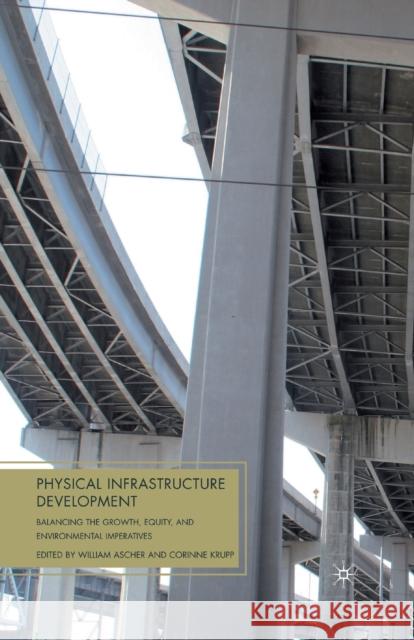Physical Infrastructure Development: Balancing the Growth, Equity, and Environmental Imperatives » książka
topmenu
Physical Infrastructure Development: Balancing the Growth, Equity, and Environmental Imperatives
ISBN-13: 9781349286522 / Angielski / Miękka / 2010 / 271 str.
Physical Infrastructure Development: Balancing the Growth, Equity, and Environmental Imperatives
ISBN-13: 9781349286522 / Angielski / Miękka / 2010 / 271 str.
cena 231,47
(netto: 220,45 VAT: 5%)
Najniższa cena z 30 dni: 192,74
(netto: 220,45 VAT: 5%)
Najniższa cena z 30 dni: 192,74
Termin realizacji zamówienia:
ok. 30 dni roboczych.
ok. 30 dni roboczych.
Darmowa dostawa!
"Prepared under the auspices of the Pacific Basin Research Center, Soka University of America."











